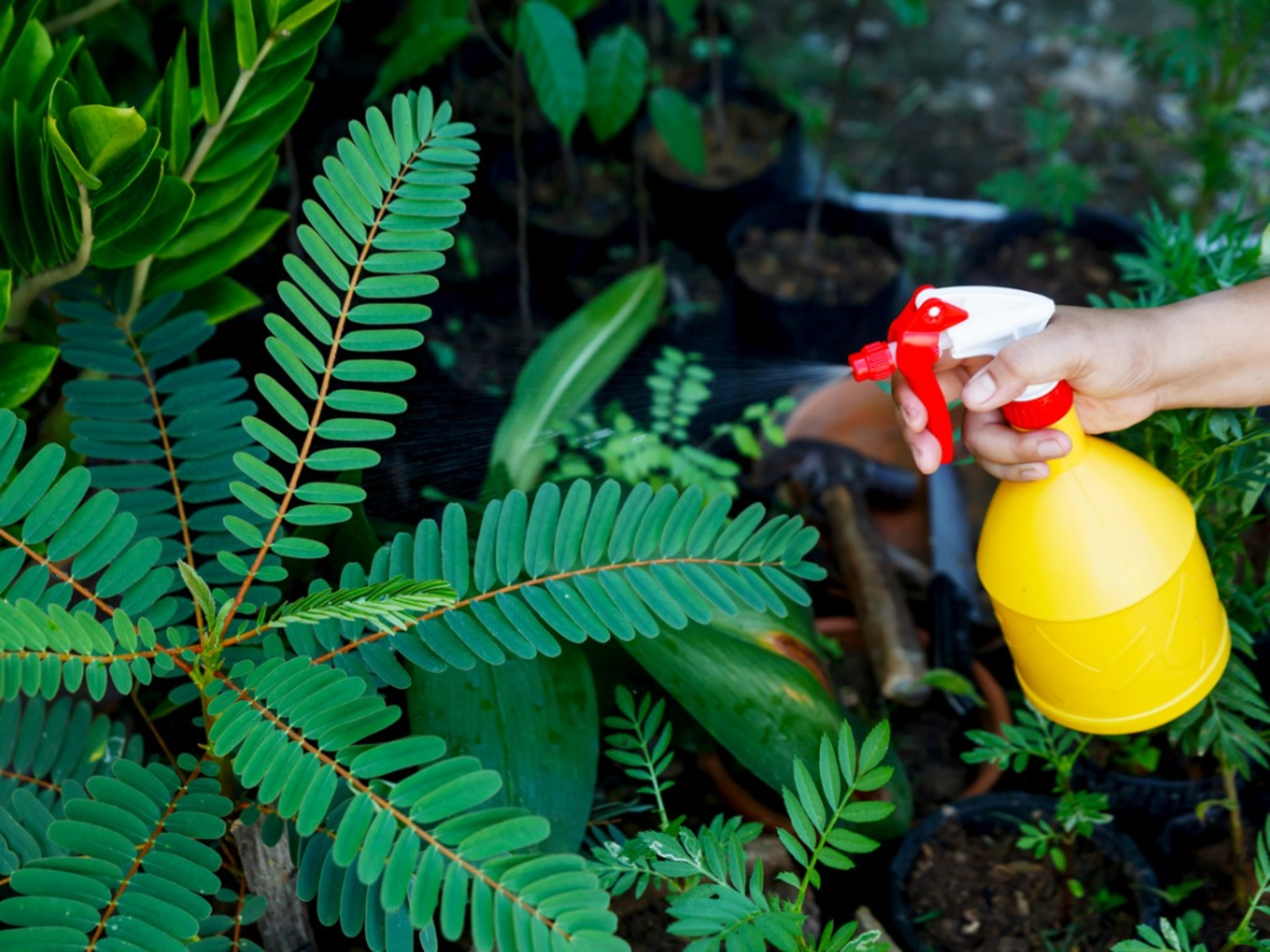



Article by: Hari Yellina
There may be some new weapons on the horizon in the war against phytophthora, the nemesis of many avocado and pineapple growers. BioClay, a biofungicide, is being studied at the university to see how efficient it will be at controlling diseases that cause afflicted pineapple plants to wilt and die. Plant pathogen losses are being investigated as part of a University of Queensland investigation. Dr. Anne Sawyer, the project’s molecular plant pathologist, is working on biofungicides to fight infections that damage pineapples, avocados, and native Myrtaceae tree species.
Within it is Phytophthora cinnamomi, a fungal-like organism that causes root rot and is transferred through soil. “Phytophthora is the most feared pineapple disease in Queensland and around the world, attacking plants at all stages of production,” said Dr Sawyer. “It causes root rot and foliage anthocyanescence (reddening or purplish colour).” “Phytophthora is also a major constraint on avocado yields in Queensland.” Trees infected with Phytophthora produce little, low-quality fruit.” Each year, Australia produces around 35 million, the majority of which are produced in Queensland.
According to the 2020/21 Australian Horticulture Statistics Handbook, the wholesale value of the fresh supply for the year ending June 2021 was $44 million, with $37.7 million going to retail and $5.3 million going to food service. Professors Neena Mitter and Zhi Ping (Gordon) Xu of the University of Queensland pioneered the use of non-toxic RNA-based sprays, known as BioClay, to combat a variety of agricultural diseases and threats. The new biofungicides, according to Dr. Sawyer, are intended to improve fruit quality, increase production efficiency, and reduce the usage of pesticides.
“BioClay uses a precise and particular gene silencing method to help plants resist against diseases,” she explained. “It’s a better-for-the-environment alternative to chemical pesticides, and it doesn’t leave any residue on the product.” Dr. Sawyer is putting BioClay to the test on pineapple tops and avocado seedlings to determine how well it prevents root rot. Researchers are investigating into using the technology to target insect pests, viruses, and fungus, according to Dr. Sawyer. Dr. Sawyer’s research is funded by an Advance Queensland Industry Research Fellowship, which funds research that benefits the state’s economy.